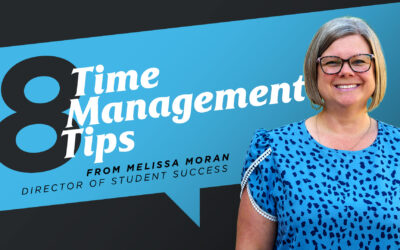Let me guess, you’ve been thinking about grad school for a while now.
Maybe you are deep in the pages of leadership books and think, “I could go deeper into this.” Maybe you’re in ministry and feel that tug to sharpen your theological foundation. Or maybe you’re just tired of hitting the same ceiling at work and wondering if a master’s degree could actually change things.
But then you look at the price tags, and it’s like someone threw cold water on the whole idea.
I get it. The average cost of a master’s degree in the U.S. hovers around $30,000 to $40,000. For a lot of us, especially if we’re already working full-time, raising kids, or serving in ministry, that number doesn’t just feel big. It feels impossible.
So the question isn’t really, “Should I go to grad school?” It’s more like, “Can I actually afford to go to grad school without destroying my life?”
And here’s the thing: sometimes the answer is yes. But you have to know where to look.
The Real Cost Isn’t Always Tuition
Before we talk about free options, let’s be honest about what “cost” really means.
Sure, there’s tuition. But there’s also the cost of time, nights, and weekends you’ll never get back. There’s the emotional cost of wondering if you’re even smart enough to do this. And there’s the opportunity cost: what if you invest all this money and it doesn’t actually lead anywhere?
That’s why a lot of people who could go to grad school never actually do it. It’s about fear, a fear of failing, fear of wasting resources, and fear of choosing the wrong program and being stuck with debt and regret.
So when we ask, “Is there any way to go to college for free?” What we’re really asking is, “Is there a way to explore this dream without risking everything?”
And yeah. There is.
What “Free” Actually Looks Like in Higher Ed

Let me break down a few common ways people reduce or eliminate grad school costs:
Employer tuition assistance: Some companies will cover part or all of your tuition if you’re pursuing a degree that benefits your role. It’s worth asking HR about, but it usually comes with strings attached (you might owe them a few years of work post-graduation).
Scholarships and grants: These exist, but they’re competitive. You’ll spend hours applying, and there’s no guarantee. Still, every bit helps.
Public service loan forgiveness: If you work in nonprofit or government roles, you might qualify for loan forgiveness after 10 years of payments. But that’s a long game, and the program has… let’s just say, mixed reviews.
Assistantships or fellowships: Some schools offer tuition waivers if you work as a teaching or research assistant. Great option if you have 20 extra hours a week and don’t mind grading papers at midnight.
These options can work. But they’re not exactly easy. And they still don’t answer the biggest question: How do I know this is even right for me before I commit?
The One Thing Most Schools Won’t Let You Do
Here’s what I wish more universities offered: a test drive.
Think about it. You wouldn’t buy a car without sitting in the driver’s seat. You wouldn’t commit to a mortgage without walking through the house. But somehow, we’re expected to sign up for grad school and invest thousands of dollars and hundreds of hours based on a glossy brochure and a campus tour?
What if you could actually take a grad-level class before fully committing? What if you could experience the workload, meet the professors, and see if the whole thing actually fits your life before dropping five figures on tuition?
Most schools don’t offer that. But some do. And when they do, it’s worth paying attention.
What a Free Graduate Class Actually Gets You

Okay, here’s where I tell you why I’m writing this in the first place.
Grace Christian University is offering a completely free graduate course—GEN 501—starting November 11, 2025. And when I say free, I mean tuition-free. You’ll pay a $150 resource fee (because textbooks and tech platforms aren’t free), but that’s it. No hidden costs. No bait-and-switch.
And here’s the deal: if you complete the class and pass, you earn 3 graduate credits that count toward one of four online master’s programs:
- Master of Arts in Higher Education Leadership—for those who want to lead in academic or administrative roles
- Master of Arts in Ministry—for pastors, church leaders, and ministry professionals ready to go deeper
- Master of Arts in Organizational Leadership—for anyone leading teams, whether in business, nonprofits, or education
- Master of Business Administration (MBA)—for marketplace leaders who want to integrate faith and business strategy
So if you finish and decide, “Yeah, I want to keep going,” those 3 credits are already in the bank. And if you finish and think, “This isn’t for me right now,” you’re out $150, not $15,000.
Who This Is Actually For
Let me paint a picture of who I think this is designed for:
You’re working full-time. Maybe you’re a teacher, a counselor, a business manager, or a ministry leader. You don’t have time to quit your job and go back to school the traditional way.
You’re juggling a lot. Kids. Aging parents. A church community. A side hustle. Your life is full, and adding one more thing feels impossible.
You’re not sure if you’re “grad school material.” Maybe you did fine in undergrad, but that was years ago. Or maybe you barely survived undergrad, and you’re terrified of academic writing and research.
You want your faith integrated into your education. You’re tired of checking your beliefs at the door. You want a learning environment where your faith is central.
You’re military, a veteran, or a military spouse. You’ve served (or are serving), and you’re trying to figure out what’s next. You want to use your benefits wisely, but you also want a school that actually understands military life and won’t nickel-and-dime you. Grace offers tuition discounts specifically for military and veteran students, plus help navigating your benefits, because you’ve already sacrificed enough.
If any of that resonates, this free class might be exactly what you need. It’s designed with flexibility in mind, with 6-week course blocks, online access, and mentoring from faculty who actually know your name. You can log in after the kids are asleep. You can do your reading on your lunch break. You can ask questions in discussion forums when it works for your schedule.
And if you need financial aid or a payment plan down the road, there’s support for that too. You’ll need to complete FAFSA or set up a payment plan by week five of the course, but that gives you over a month to figure things out while you’re already experiencing the class.
What Happens After the Free Class?
Let’s say you take GEN 501. You love it. The content clicks. The community feels right. You realize, “I can actually do this.”
What’s next?
You’d continue into one of the four graduate programs, building on the 3 credits you’ve already earned. The programs are designed to be affordable, transparent in pricing, and supportive.
But more than that, you’d be entering a community. Grace is a place where faculty mentor you personally, where you connect with other students through online chapel and discussion forums, and where your spiritual growth matters just as much as your GPA.
You’ll be known, seen, and supported.
And if you decide after the free class that grad school isn’t your next step? That’s okay too. You’ll have gained clarity, experience, and maybe even some tools you can use right now in your work or ministry.

So… Is There Any Way to Go to College for Free?
The short answer: not entirely. Even the most generous scholarships usually have some cost attached, whether financial, time-based, or both.
But here’s the better answer: There are ways to significantly lower the barriers to entry. And sometimes, that’s enough.
A free graduate class won’t make your entire degree free. But it will give you something more valuable than a discount: clarity.
Clarity about whether grad school fits your life right now. Clarity about whether you can handle the workload. Clarity about whether this particular school and program align with your goals and values.
And in a world where most of us are drowning in options and paralyzed by fear of making the wrong choice, clarity is priceless.
How to Get Started
If you’re interested in taking the free GEN 501 class starting November 11, here’s what you need to do:
- Complete an application—Grace Christian University’s grad application (this isn’t scary, I promise).
- Submit your transcripts—from wherever you did your undergrad
- Finish any enrollment steps by the deadline—they’ll walk you through this.
- Complete FAFSA or set up a payment plan by week five—so you can stay enrolled and keep building toward a degree if you want to continue
If you’ve been wondering whether more education could unlock something in your career, your ministry, or your sense of purpose, then maybe it’s time to stop wondering and start experiencing.
You don’t have to have it all figured out. You just have to be willing to take the first step.
Ready to learn more about the free GEN 501 course starting November 11, 2025, at Grace Christian University? Give us a call or request more information.
Contact Us





